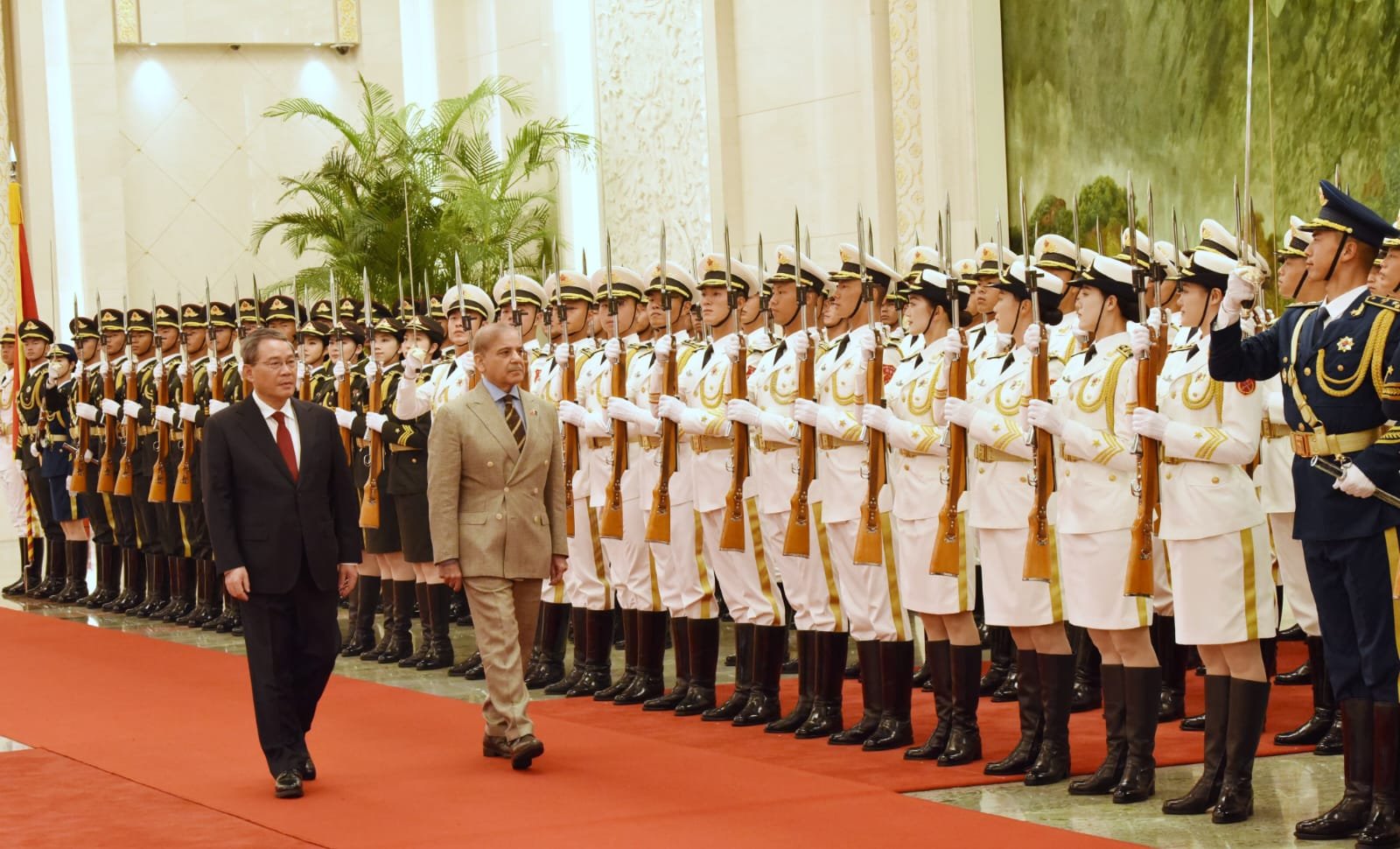The recent visit of Prime Minister Shehbaz Sharif to China has initiated a new phase in the relations between Pakistan and China, characterized by the signing of several agreements with the goal of strengthening Pakistan’s economy. On the third day of his visit, Sharif witnessed the signing of these important agreements, reaffirming Pakistan’s dedication to obtaining essential FDI. This action is not only an arrangement, but a strategic measure to further incorporate Pakistan into China’s broad global economic strategies. Pakistan’s adoption of these policies is placing it as a significant participant in the Belt and Road Initiative. This initiative has resulted in Beijing committing more than $60 billion to Pakistan since 2015 through CPEC.
The signed agreements include a wide range of industries, illustrating the broad nature of Pakistan’s economic requirements and possibilities. Pakistan’s economy, which depends extensively on agriculture, has the potential to benefit significantly from the use of more effective Chinese technology and experience. By prioritizing labor-intensive manufacturing sectors, Pakistan may effectively address its unemployment issues while also improving its industrial production. Pakistan’s focus on integrating the digital and green economies shows a progressive mindset, with the goal of updating the country’s infrastructure and fostering sustainable growth.

The ceremony, attended by the presence of Prime Minister Sharif and Deputy Prime Minister and Foreign Minister Ishaq Dar, served as evidence of the strong dedication from both countries at a high level. Sharif and Dar commended China’s global investment capabilities and emphasized the favorable business environment in Pakistan for Chinese companies seeking to move their industries. This mutual recognition establishes a strong basis for future collaborations.
This visit is not a single event, but rather an aspect of a broader effort to strengthen Pakistan’s economic durability. Pakistan and China have entered into a bilateral agreement, signing 32 MoUs in various areas such as IT, textiles, leather and footwear, minerals, pharmaceuticals, and agricultural and food processing. The agreements were characterized by the Prime Minister’s Office as “historic,” highlighting their capacity to transform Pakistan’s economic environment.

The agreements signed during this visit represent more than just documents; they serve as symbols of a strategic alliance that is positioned to stimulate Pakistan’s economic resurgence. The emphasis on sectors such as the green economy and digital infrastructure emphasizes an optimistic perspective, crucial for achieving sustainable growth. Nevertheless, the effectiveness and continuation will rely on their successful implementation and continual collaboration.
Prime Minister Shehbaz Sharif’s visit to China strengthened bilateral relations and created opportunities for economic cooperation. These agreements have the potential to act as a catalyst for Pakistan, leading to the stabilization and growth of its economy. Pakistan’s collaboration with China serves as a promising solution and a route towards a more prosperous future amidst its ongoing economic difficulties.
